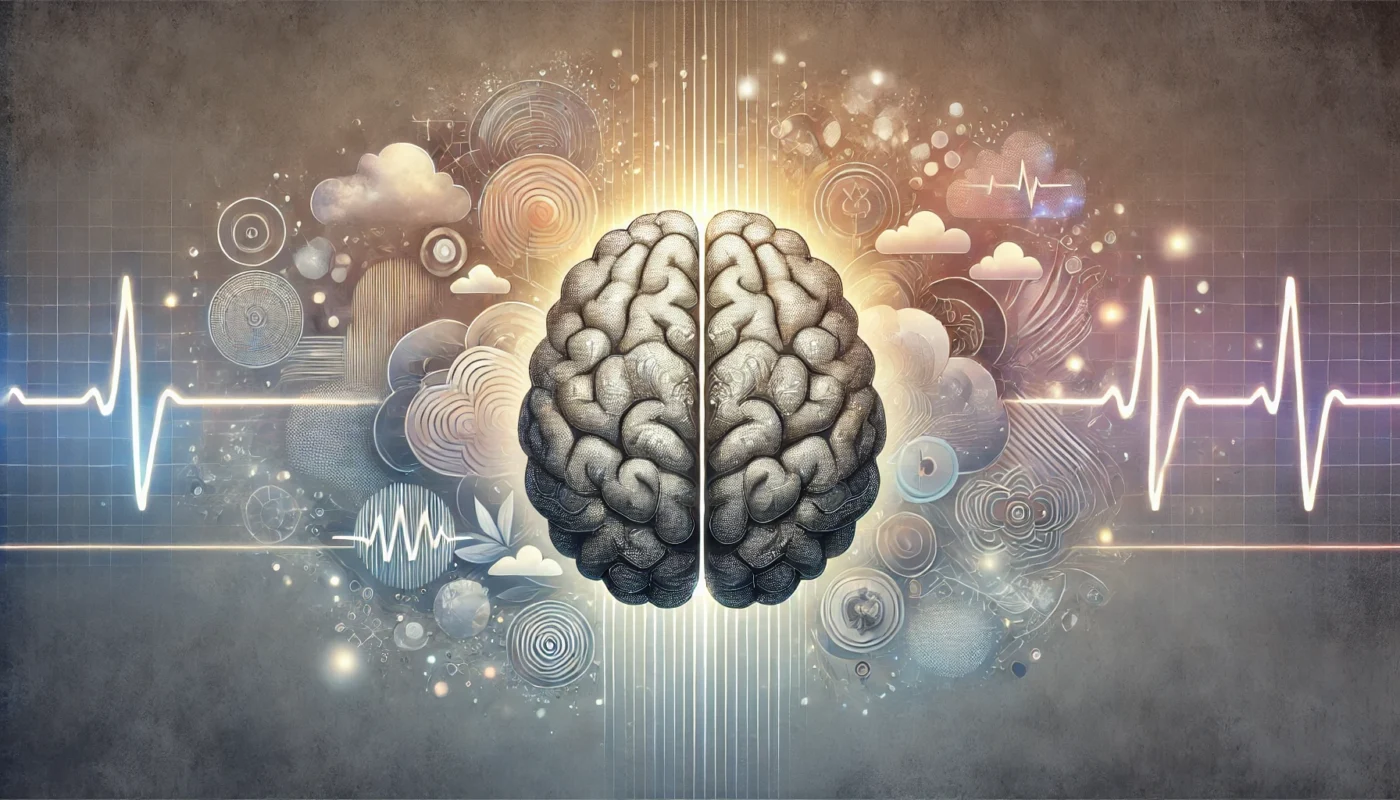Before embarking on the journey of natural relief, it’s essential to grasp the intricacies of fibromyalgia. This syndrome affects approximately 2-4% of the global population, predominantly women. The exact cause remains unknown, but it’s believed to involve a combination of genetic, environmental, and psychological factors. Symptoms can vary, but common complaints include chronic pain, sleep disturbances, and cognitive difficulties, often referred to as “fibro fog.”
Tag Archives: symptom management
Inflammatory Bowel Disease is a chronic condition characterized by inflammation of the gastrointestinal tract. This inflammation can lead to symptoms such as abdominal pain, diarrhea, fatigue, and weight loss. While there is no one-size-fits-all diet for IBD, certain dietary modifications can alleviate symptoms and improve quality of life.
Arthritis is a term that encompasses over 100 different types of joint diseases and conditions. The most common forms are osteoarthritis, which results from wear and tear on the joints, and rheumatoid arthritis, an autoimmune disorder where the body’s immune system attacks its own tissues. The impact of arthritis goes beyond physical discomfort, affecting emotional well-being and daily activities.
Osteoarthritis occurs when the protective cartilage that cushions the ends of your bones wears down over time. The condition can affect any joint but commonly impacts the knees, hips, hands, and spine. While age, genetics, and joint injury are significant risk factors, diet also plays a crucial role in managing osteoarthritis.
Schizophrenia is a severe and chronic mental health condition that affects how individuals think, feel, and behave. It is characterized by disruptions in thought processes, perceptions, emotional responsiveness, and social interactions. According to the World Health Organization (WHO), schizophrenia affects approximately 24 million people worldwide, or about 1 in 300 individuals. This article provides an […]
Bipolar disorder, also known as manic-depressive illness, is a mental health condition characterized by extreme mood swings that include emotional highs (mania or hypomania) and lows (depression). This disorder affects approximately 2.8% of the U.S. adult population annually, according to the National Institute of Mental Health (NIMH). Bipolar disorder can significantly impact a person’s daily […]






